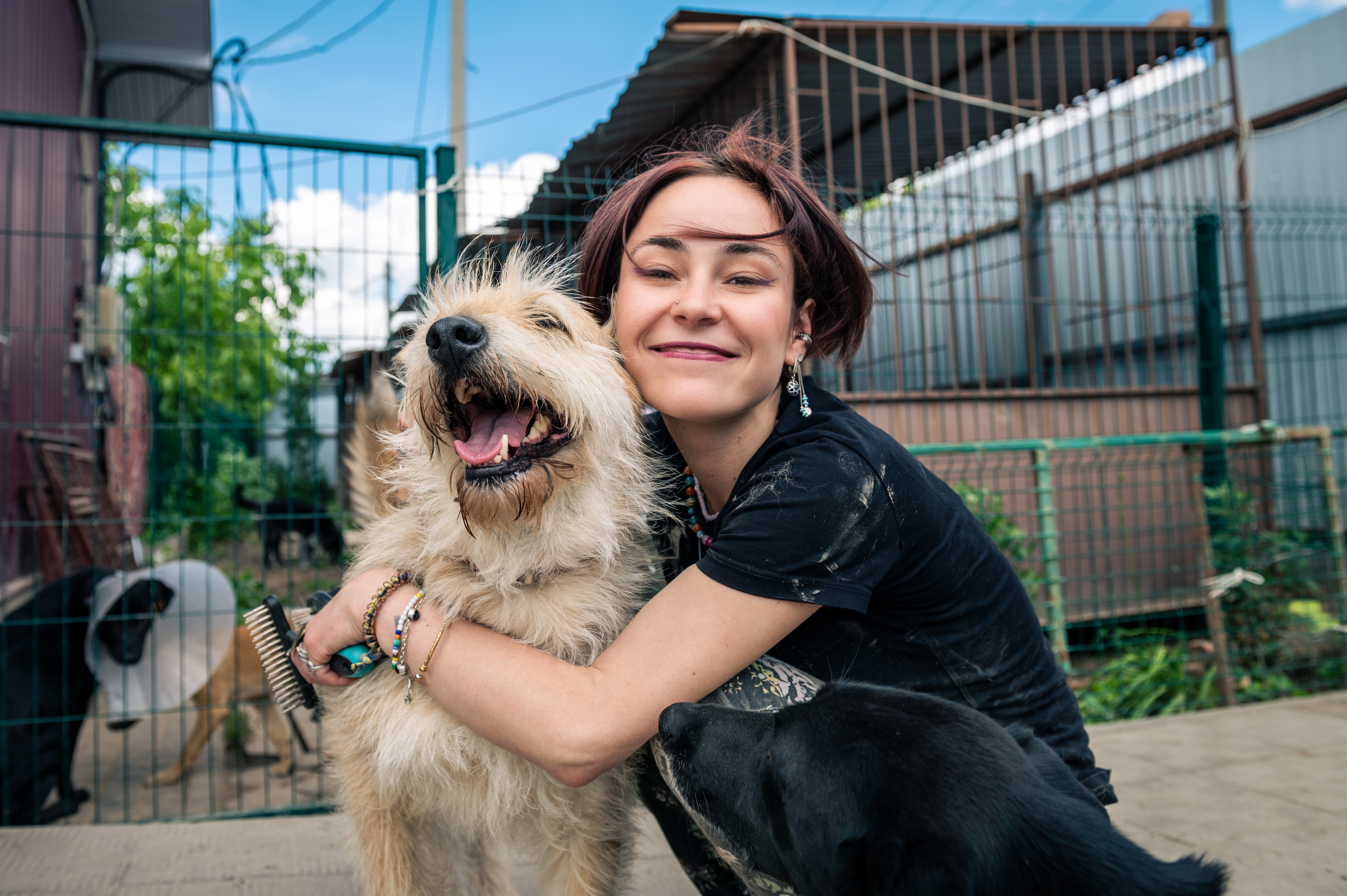Bringing an animal friend into your life is a rewarding and exciting choice. Pet adoption can provide a loving home for a deserving animal, but also brings a lot of joy to you and your families life. Join us as we explore the details of pet adoption; how it works, typical costs involved, and important factors to consider before making this life-changing decision.
What is Pet Adoption?
Pet adoption is the process of welcoming a deserving homeless animal into your home. These animals often come from various backgrounds, including strays, abandoned pets, or surrendered animals. Adopting a pet offers them a second chance at a fulfilling life in a caring and healthy environment.
Be sure to consider pet insurance right before or just after you adopt a new pet!
Get a Quote

How It Works
The process of pet adoption typically involves the following...
- Research: Begin by researching local shelters, rescue organizations, or breed-specific rescues to find the right fit for your family and lifestyle. Understanding the adoption policies, application requirements, and available animals is crucial.
- Application: Fill out an application provided by the chosen organization. This helps the shelter or rescue assess your suitability as a potential adopter.
- Meeting the Pet: Once approved, you'll have the opportunity to meet and spend time with the available pets. This interaction helps you gauge compatibility and choose the perfect furry friend.
- Adoption Fee and Paperwork: Upon finalizing your decision, you will be required to pay an adoption fee, which helps cover the costs of vaccinations, microchipping, spaying/neutering, and other necessary medical care at the shelter. You will also need to complete the adoption paperwork, including legal agreements and pet registration. The overall cost of adopting is often far less than buying a pet from a breeder.
- Bringing Your Pet Home: Prepare your home for your new family member by ensuring a safe and comfortable environment. Acquire essential supplies such as food, bowls, bedding, toys, and a litter box (if adopting a cat) before the pet comes home. Make the transition as smooth as possible, allowing your new pet to adjust gradually to their surroundings.
Typical Costs
The costs associated with pet adoption may vary depending on the shelter and the specific needs of the animal. Common expenses include:
- Adoption Fee: This fee covers the initial medical care, vaccinations, microchipping, and spaying/neutering of the pet. The adoption fee can range from a nominal amount to a few hundred dollars. It depends on the organization and the age/breed of the animal.
- Supplies: You will need to purchase essential supplies like food, bowls, bedding, toys, a leash, a collar, litter (for cats), and a scratching post (for cats).
- Ongoing Expenses: Remember to factor in ongoing costs such as regular vet check-ups, pet insurance, vaccinations, flea and tick prevention, grooming, food, and potential training or behavior classes.
Other Things to Consider
While pet adoption is a wonderful choice, it's important to keep a few factors in mind:
- Unknown History: When adopting a pet, you may not know the complete history of the animal. Some pets may have experienced neglect, abuse, or trauma, which can impact their behavior and require patience and understanding.
- Unbreakable Habits: Animals with a troubled past may have developed certain habits or behaviors that are difficult to change. It's crucial to have realistic expectations and be prepared to invest time and effort into helping your new pet adapt and overcome any challenges.

Pet adoption is a loving way to provide a safe home to animals in need. By understanding the details of the adoption process, typical costs involved, and the additional considerations related to a pet's history and habits, you can embark on this fulfilling journey with confidence.
Check out our blog on Pet Insurance









